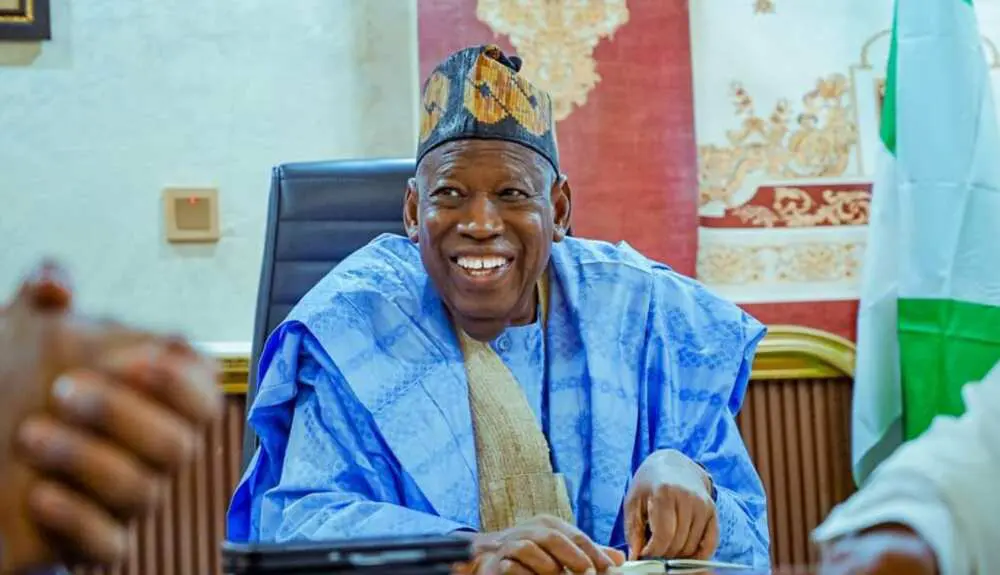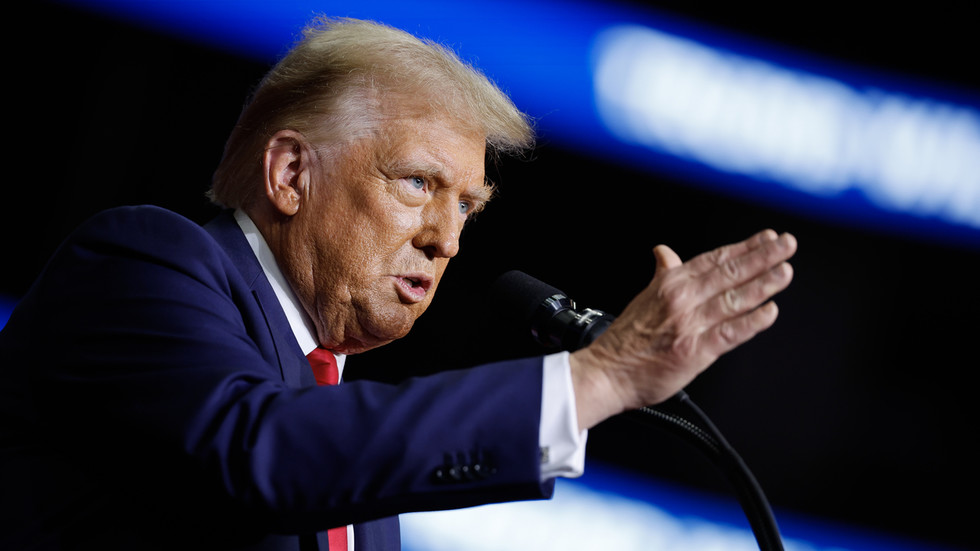Eswatini Sentences Two Former MPs to Lengthy Prison Terms, Sparking Outrage and Fears of Political Repression
In a move that has sent shockwaves throughout Eswatini and the international community, two former members of parliament have been sentenced to lengthy prison terms on charges of terrorism. Mduduzi Bacede Mabuza and Mthandeni Dube were handed prison sentences of 25 and 18 years, respectively, sparking widespread condemnation from human rights groups and pro-democracy activists.
The two men were arrested in July 2021 during pro-democracy protests that were violently put down by security forces, leaving dozens of people dead. The protests were calling for reforms to Eswatini’s complex system of non-party elections, which ensures that the country’s ruler, King Mswati the third, faces no meaningful dissent.
Human rights groups, including Amnesty International, have urged Eswatini authorities to immediately quash the convictions, calling them “unjust and baseless.” The group said the court decision raises serious questions about human rights and political repression in the country.
Pro-democracy activists, however, remain undeterred, vowing to continue pushing for democratic reform in the face of what they see as a brutal crackdown on dissent. Thantaza Silolo, a spokesperson for the Swaziland Liberation Movement (SWALIMO), said the harsh sentences will only strengthen the movement’s resolve.
“These MPs were strong inside the chambers of parliament and outside in calling to say we need a prime minister that is elected by the people, not a prime minister that is being appointed by the King,” Silolo said. “We will continue to push for their release and for democratic reform in Eswatini.”
Political analyst Sibusiso Nhlabatsi sees the sentences as a major setback for democracy and human rights in Eswatini. She said the sentences are a classic example of “guilty until proven innocent,” with mere allegations being enough to secure a conviction.
“You can see that the intention was to induce fear and I think most of Emaswati will now live in that shadow of fear,” Nhlabatsi said. “I think through this judgment the state has successfully entrenched itself. It has successfully been able to threaten anyone who may want to raise a voice against the establishment.”
Human rights activist Lucky Dlamini said the harsh sentencing of the MPs signals a wider attack on democracy and human rights in Eswatini. He described the country as a dictatorship, where the monarchy uses state security forces to suppress dissent and violate fundamental human rights.
“We remain under a cruel system of government which is an absolute monarchy where there’s immunity [for] the security forces against human rights activists and political activists and human right defenders,” Dlamini said. “We cannot access justice in the courts, we cannot hold on to demonstrations, we cannot exercise our freedom of expression, our freedom of access to the media, our freedom of assembly.”
The two former MPs have announced plans to appeal their sentences, a move that is likely to prolong the legal battle and keep the spotlight on Eswatini’s human rights record.



